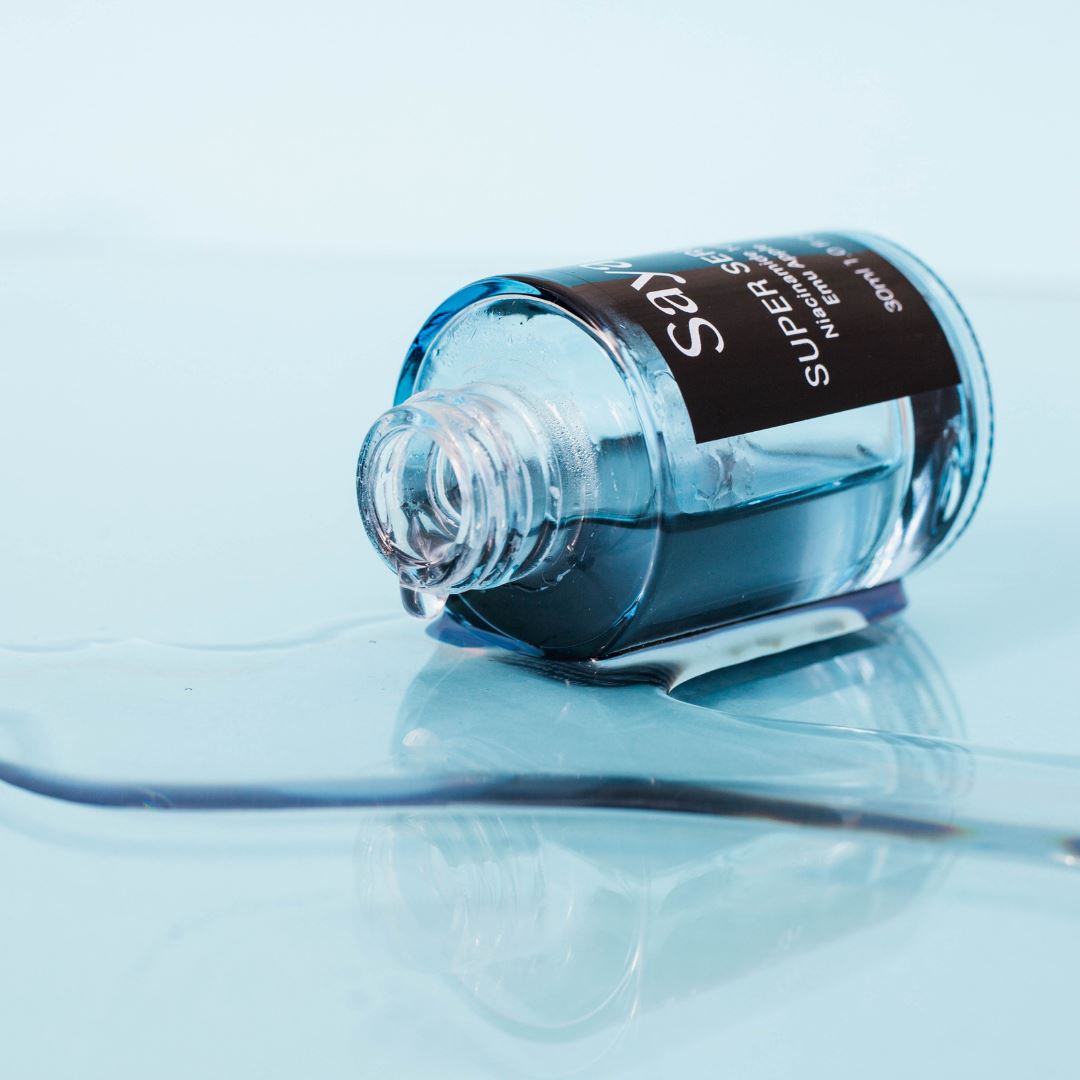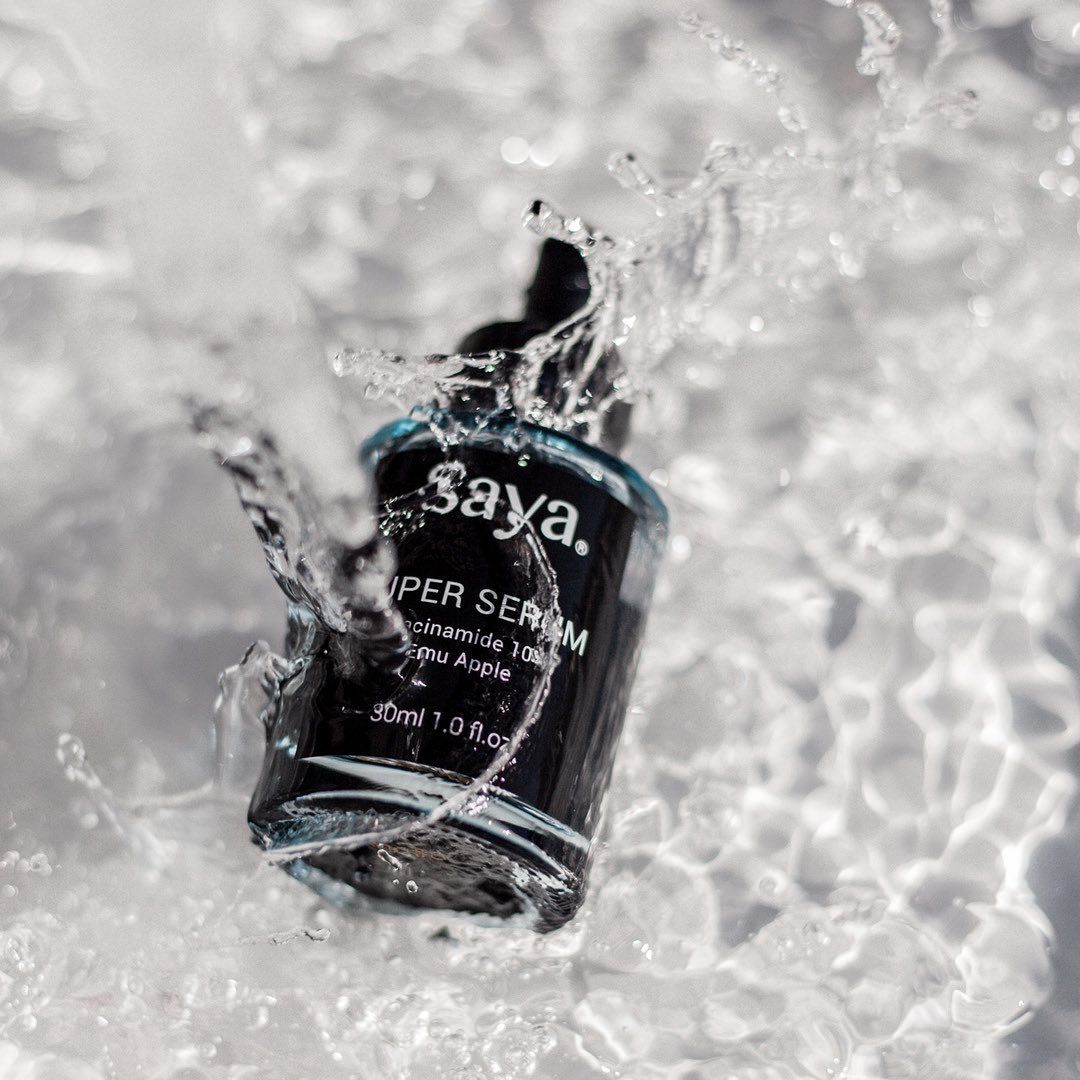Blog — Ingredients
Everything You Need To Know About The Super Serum
Your skin barrier is your body's frontline defence to the constant environmental stressors the world throws at you. On a daily basis, it defends the body from all sorts of toxins and bacteria which could penetrate the skin leading to damaged cells. Not only that, but without a healthy skin barrier, our bodies would be depleted of water, causing complete dehydration. With this in mind, it’s super important to keep our skin as healthy as possible in order for it to function properly. So what does a healthy skin barrier look like? A normal, healthy skin barrier means your skin...
Vitamin B: Why Your Skin Needs It
We know that Vitamin C is the key to brighter, glowing skin. We also know that Vitamin A (or the alternative, Bakuchiol) is the hero ingredient for anti-aging, but there is one vitamin that has snuck under the radar, promising to strengthen, repair and deeply hydrate the skin. It’s a skin-soothing, skin-plumping, acne-fighting machine, and it’s Vitamin B! Read on to find out everything you need to know about Vitamin B; its benefits and where it fits into your skincare routine. The benefits of Vitamin B for the skin Main benefits: Fights premature signs of aging. Brightens the skin....
Your Brightening Peel Questions Answered!
Our Brightening Peel has finally landed! A powerful overnight treatment that gently exfoliates, helps slow skin deterioration and improves your skin hydration - treating acne, improving texture, tone and pigmentary abnormalities. If you’re not sure how to use our Brightening Peel or how to achieve the best possible results, keep reading. We’re rounded up the most frequently asked questions for all our Brightening Peel newbies… You’re welcome! What does the Brightening Peel do? To put things simply, the Brightening Peel works as a gentle chemical exfoliant. It combines 7.5% Lactic Acid with a 2.5% AHA Fruit Acid Complex (naturally found in plants)...
Lactic Acid For Sensitive Skin
Lactic Acid has been around for thousands of years. The Egyptians, and in particular Cleopatra were famously known to bathe in sour milk to improve the look and texture of the skin. Today we know that sour milk is rich in Lactic Acid, a naturally occurring AHA that is gentle to the skin. Not so thrilled with the idea of hopping into a tub of milk? Neither are we! Lucky for you this anti-wrinkle and pigmentation-fighting ingredient doesn’t just come from milk. It can be made from fermented vegetables and sugar-rich foods which can be purchased in the form of...





